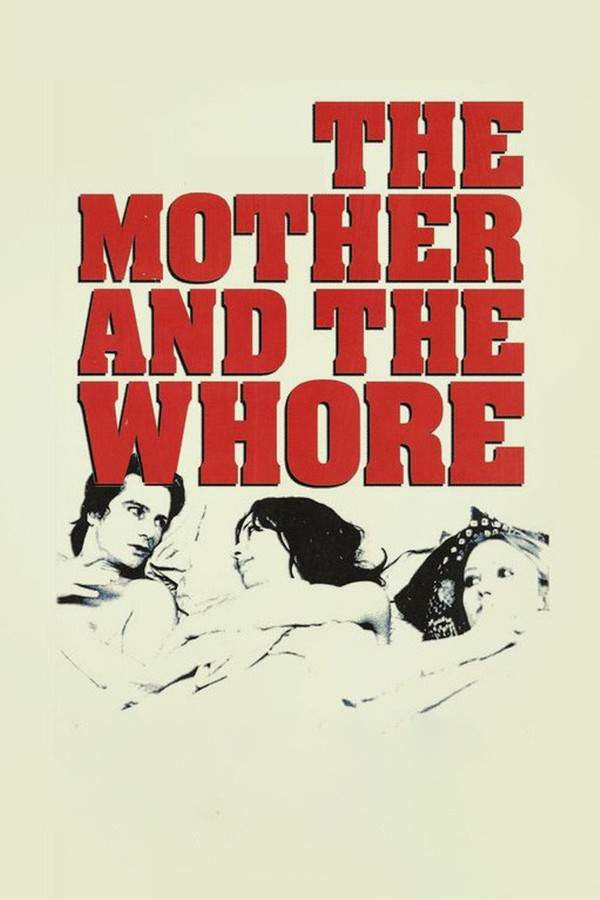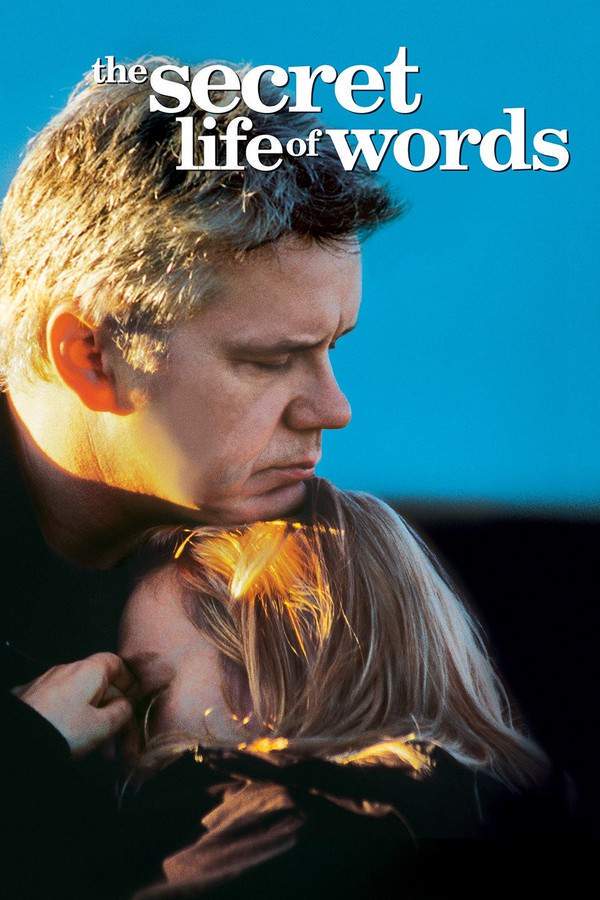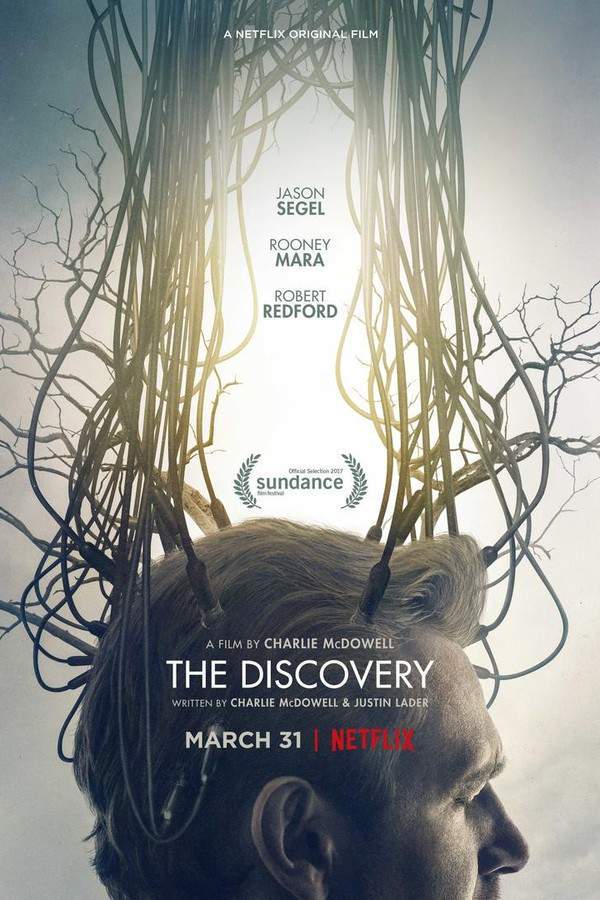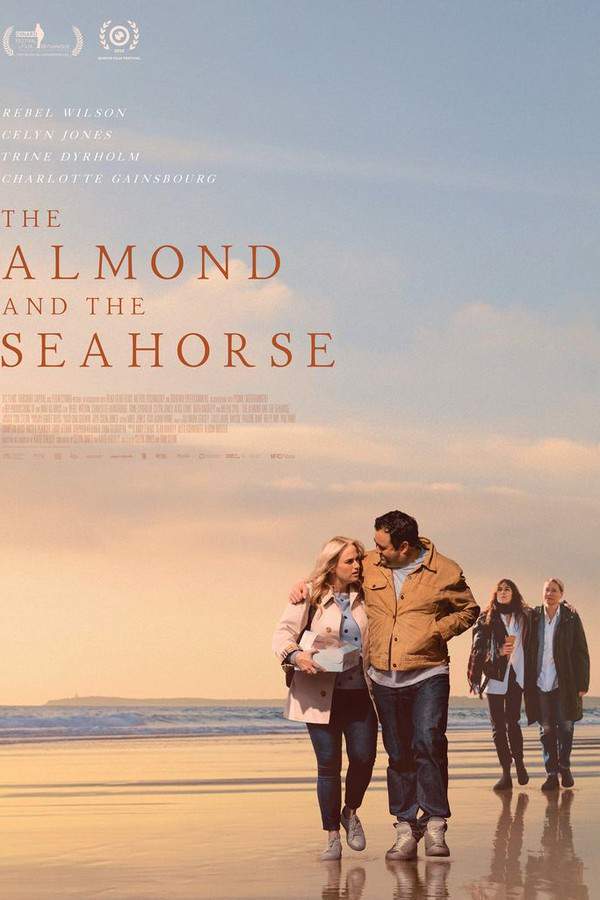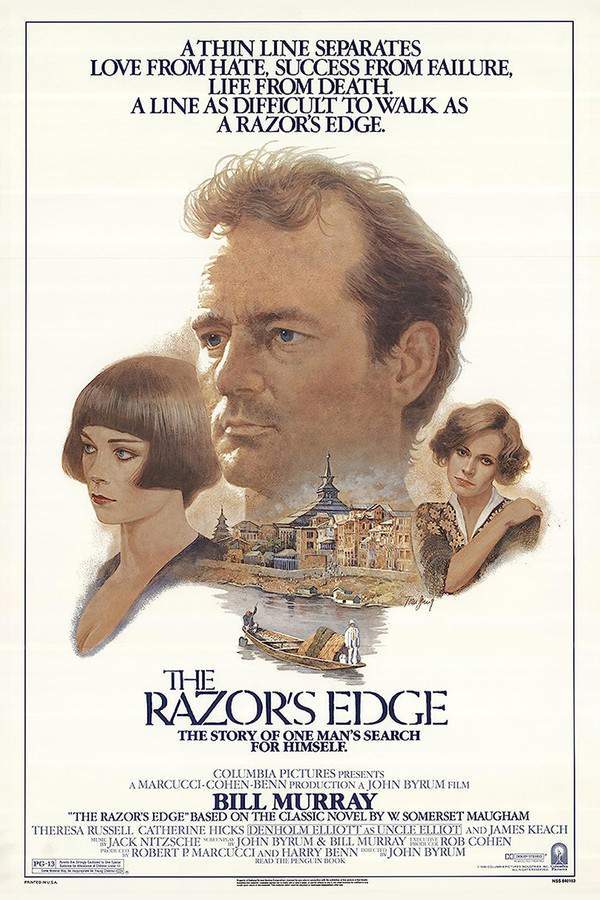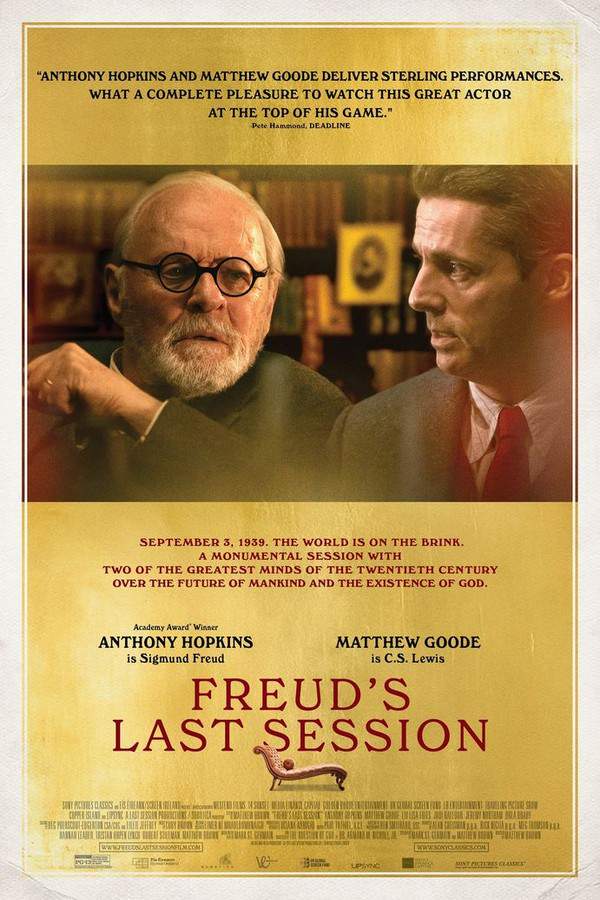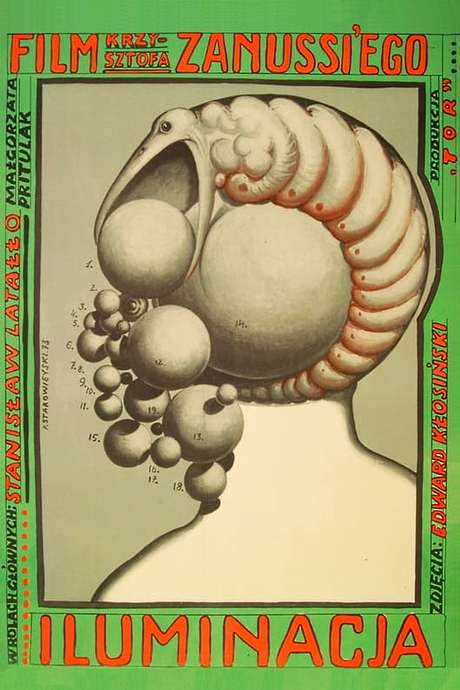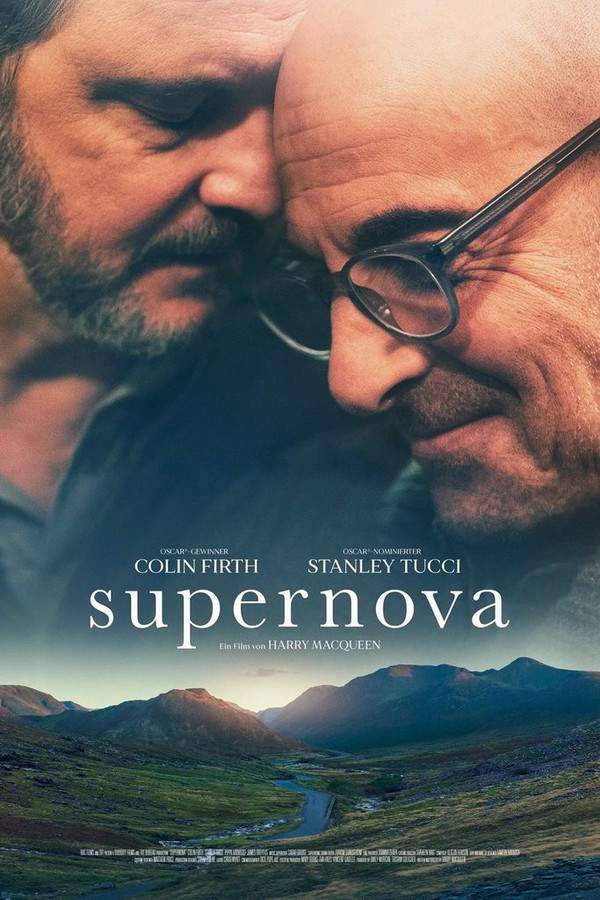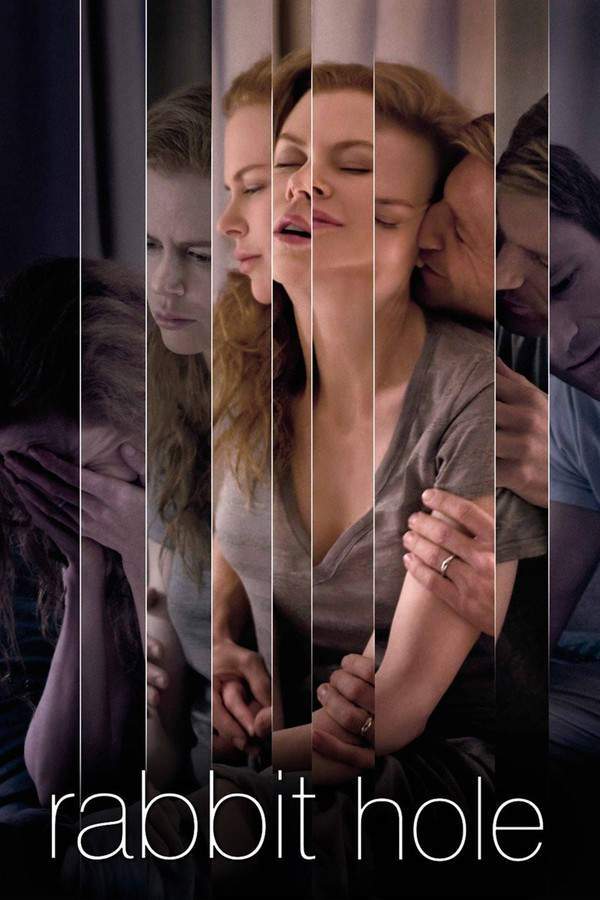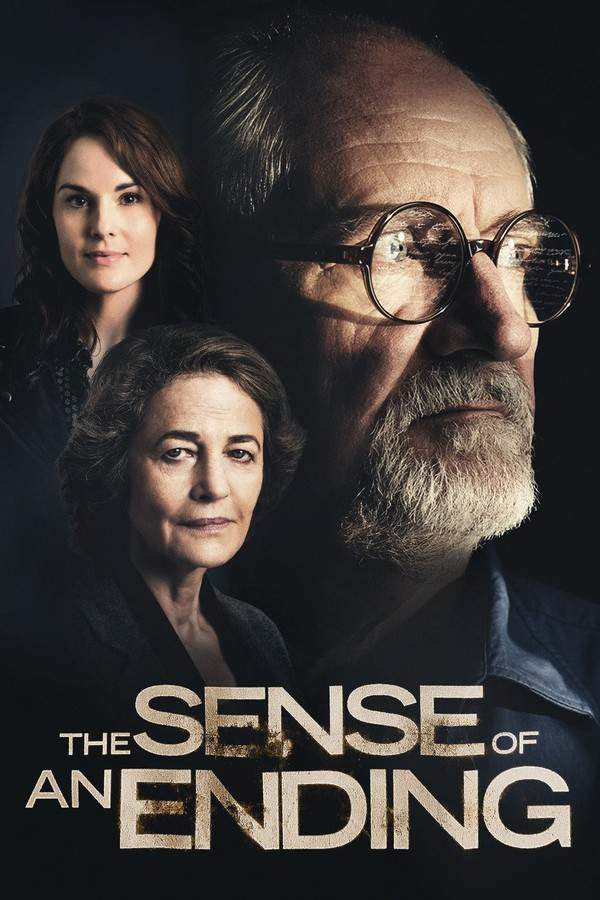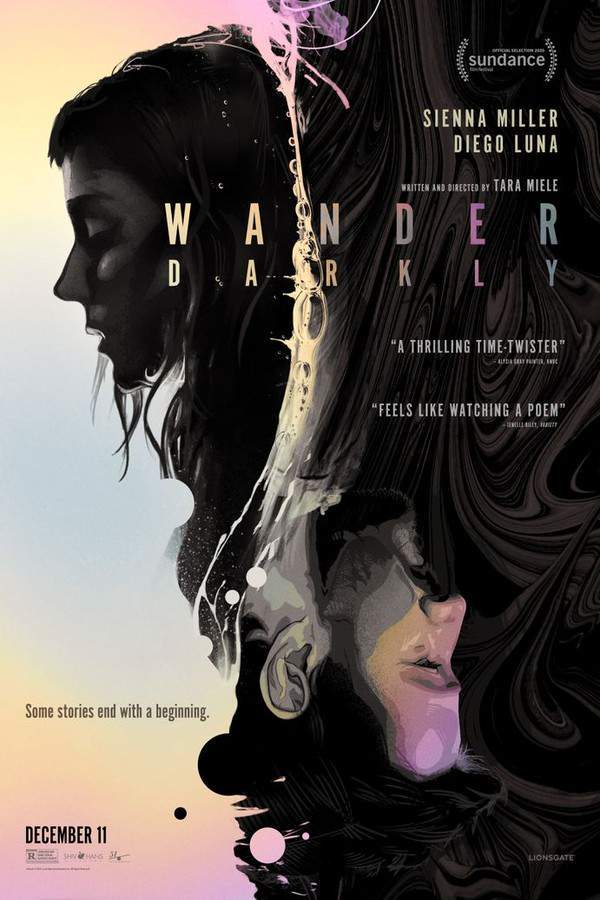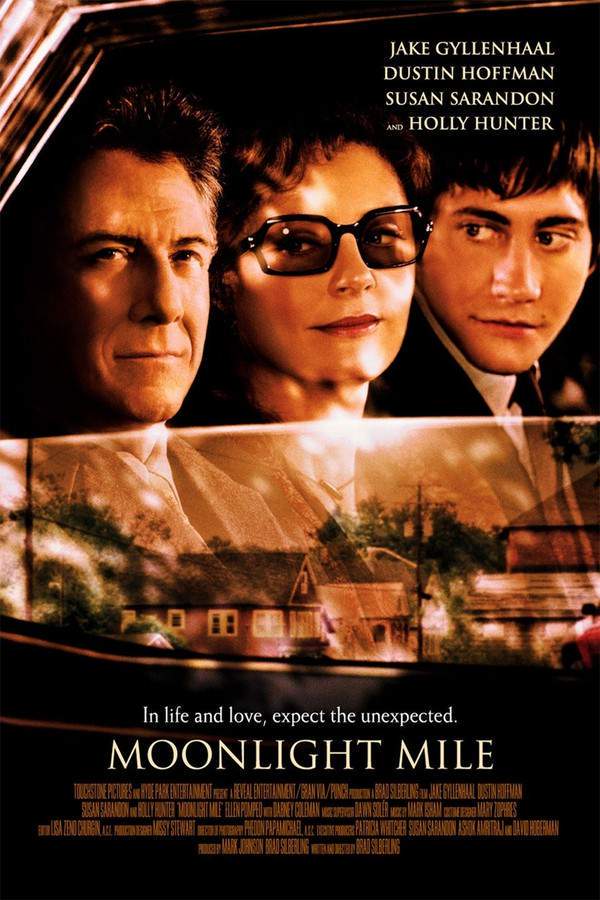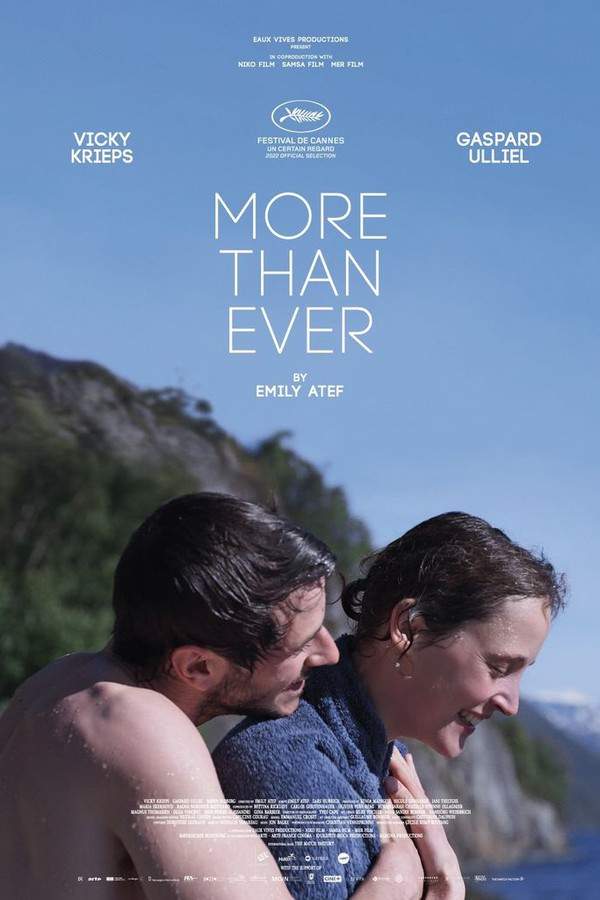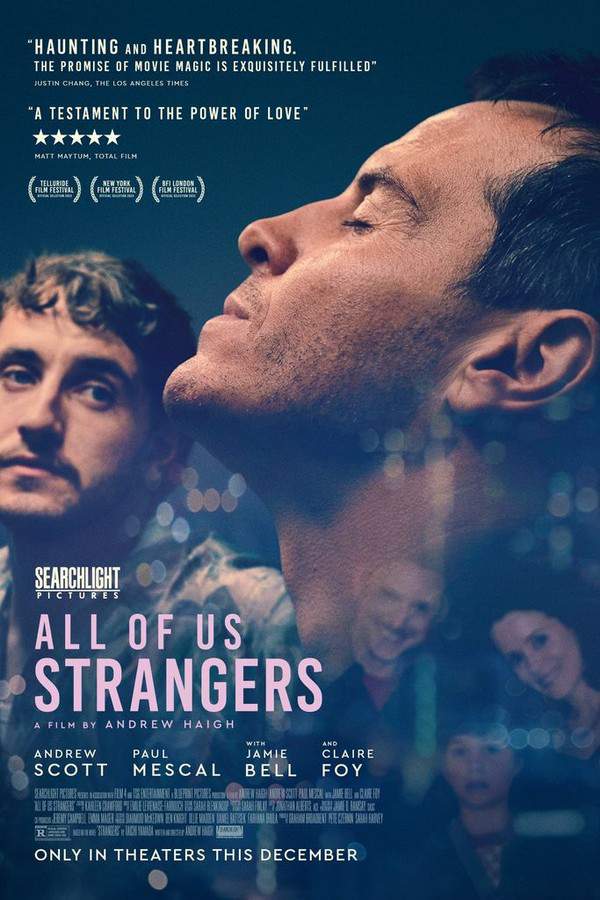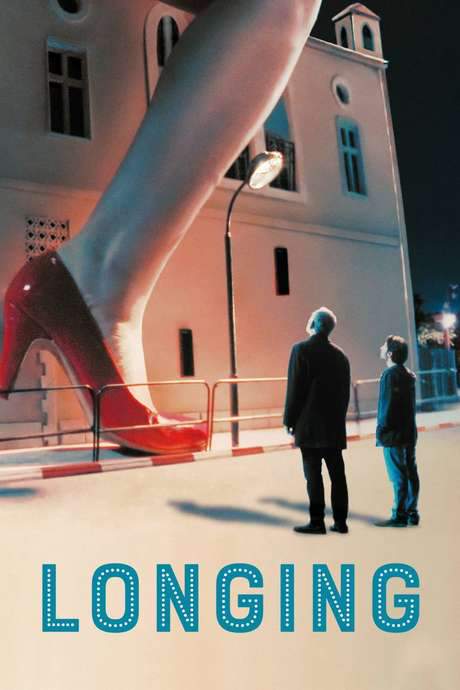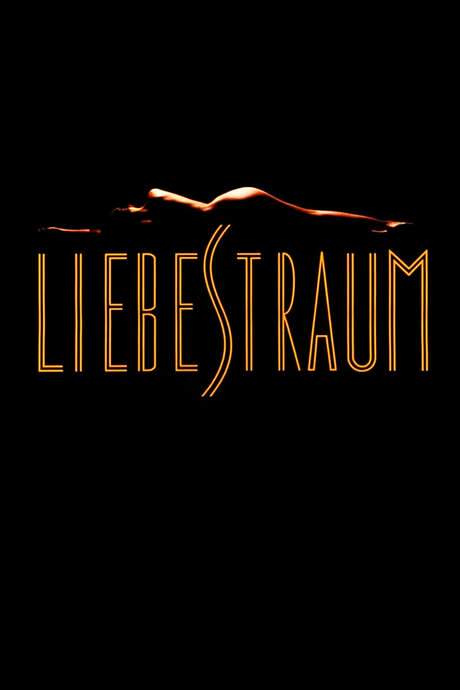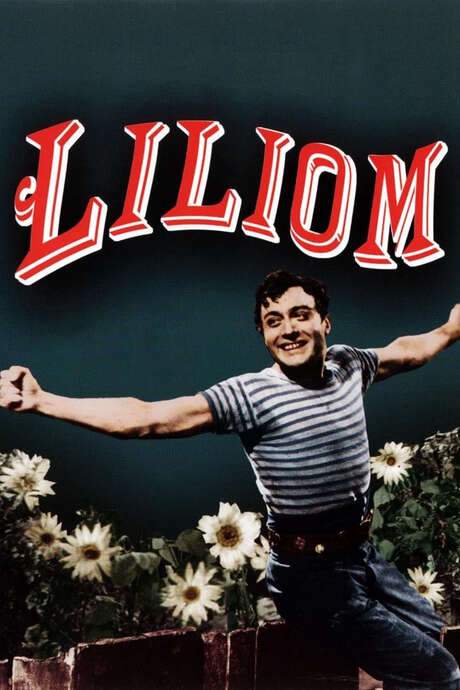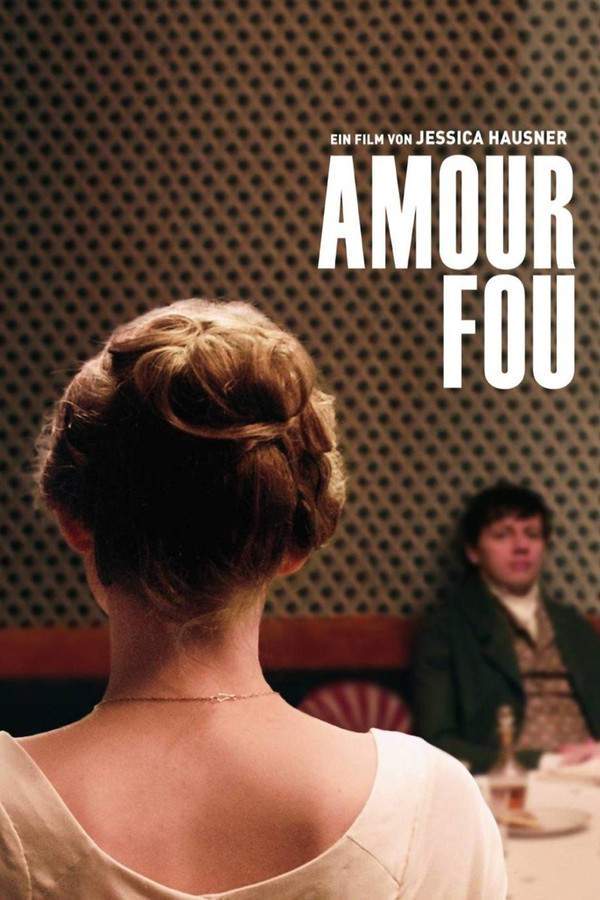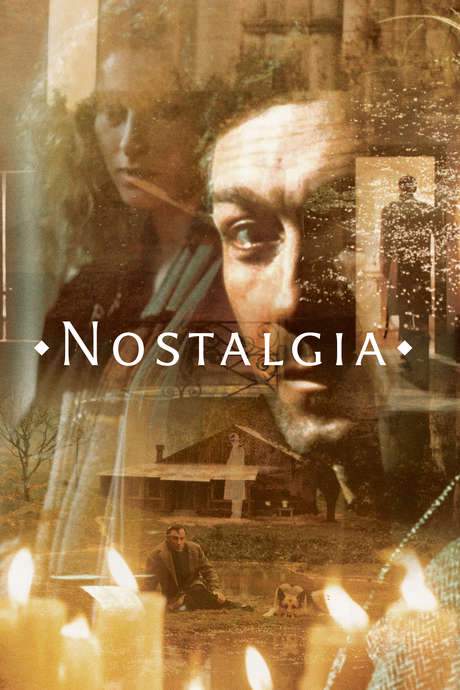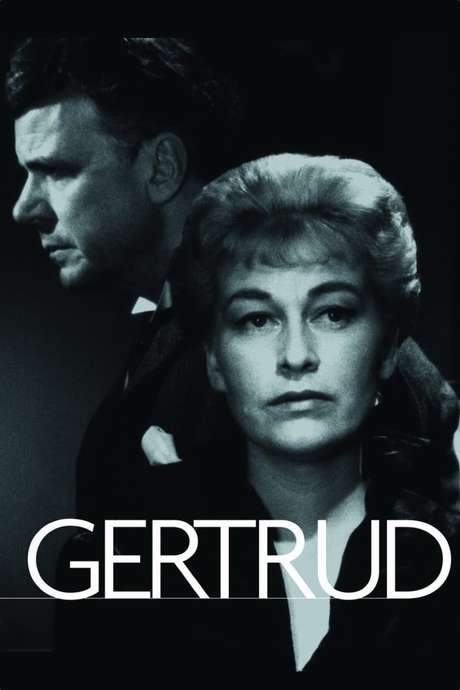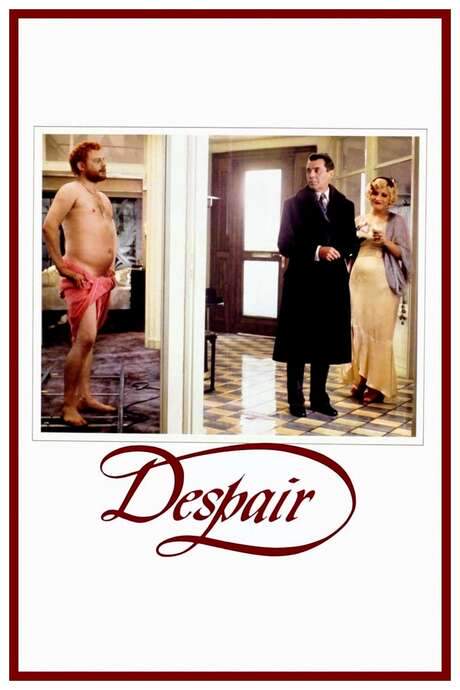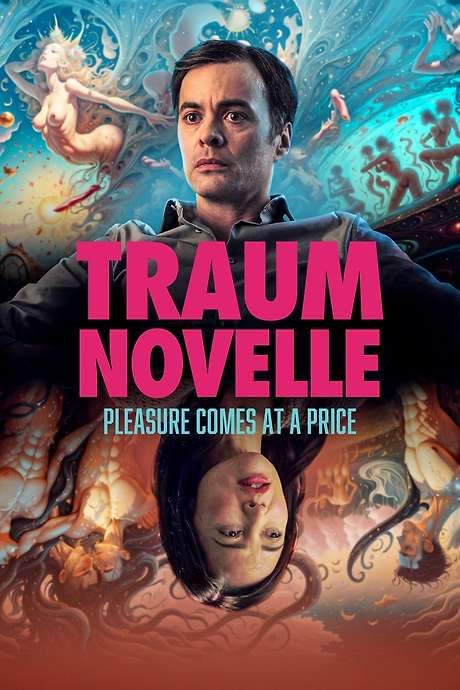
When Nietzsche Wept
Year: 2007
Runtime: 105 mins
Language: English
Director: Pinchas Perry
Viennese doctor Josef Bruer meets with philosopher Friedrich Nietzsche to help him deal with his despair.
Warning: spoilers below!
Haven’t seen When Nietzsche Wept yet? This summary contains major spoilers. Bookmark the page, watch the movie, and come back for the full breakdown. If you're ready, scroll on and relive the story!
Timeline & Setting – When Nietzsche Wept (2007)
Explore the full timeline and setting of When Nietzsche Wept (2007). Follow every major event in chronological order and see how the environment shapes the story, characters, and dramatic tension.
Last Updated: October 03, 2025 at 14:40
Main Characters – When Nietzsche Wept (2007)
Meet the key characters of When Nietzsche Wept (2007), with detailed profiles, motivations, and roles in the plot. Understand their emotional journeys and what they reveal about the film’s deeper themes.
Last Updated: October 03, 2025 at 14:40
Major Themes – When Nietzsche Wept (2007)
Explore the central themes of When Nietzsche Wept (2007), from psychological, social, and emotional dimensions to philosophical messages. Understand what the film is really saying beneath the surface.
Last Updated: October 03, 2025 at 14:40
Explore Movie Threads
Discover curated groups of movies connected by mood, themes, and story style. Browse collections built around emotion, atmosphere, and narrative focus to easily find films that match what you feel like watching right now.
Movies like When Nietzsche Wept: Intellectual Duels and Healing Dialogues
Stories where conversation is the primary battleground for characters' souls.Discover films with a similar focus on profound conversation as the core drama. If you liked the therapeutic and philosophical exchanges in When Nietzsche Wept, you'll find other movies where talk therapy, intellectual debate, and psychological exploration drive the narrative forward in a deeply thoughtful way.
Narrative Summary
The narrative pattern involves characters, often a patient and a healer or two intellectuals, whose roles become blurred. Through a series of intense, probing conversations, they challenge each other's core beliefs, leading to a cathartic resolution where both parties are fundamentally changed by the encounter.
Why These Movies?
Movies are grouped here for their shared focus on dialogue-driven conflict, cerebral themes, and the slow-burn process of psychological unraveling and healing. They create a specific, intellectually demanding viewing experience centered on the power of words.
Somber Psychological Movies like When Nietzsche Wept
Thoughtful explorations of mental anguish and existential despair.If you appreciated the heavy, melancholic tone and psychological depth of When Nietzsche Wept, this collection features similar dramas that explore the complexities of the human mind. Find other thoughtful films about despair, mental health, and existential crisis with a similarly somber and introspective mood.
Narrative Summary
Stories follow characters grappling with profound internal struggles—be it despair, mental illness, or an existential crisis. The journey is one of deep introspection, often without clear-cut solutions, resulting in a bittersweet or ambiguous resolution that emphasizes the complexity of healing.
Why These Movies?
This thread unites films based on their somber, melancholic mood, heavy emotional weight, and central focus on psychological and philosophical themes. The shared experience is one of thoughtful, often sad, immersion into the characters' internal worlds.
Unlock the Full Story of When Nietzsche Wept
Don't stop at just watching — explore When Nietzsche Wept in full detail. From the complete plot summary and scene-by-scene timeline to character breakdowns, thematic analysis, and a deep dive into the ending — every page helps you truly understand what When Nietzsche Wept is all about. Plus, discover what's next after the movie.
When Nietzsche Wept Summary
Read a complete plot summary of When Nietzsche Wept, including all key story points, character arcs, and turning points. This in-depth recap is ideal for understanding the narrative structure or reviewing what happened in the movie.

When Nietzsche Wept Timeline
Track the full timeline of When Nietzsche Wept with every major event arranged chronologically. Perfect for decoding non-linear storytelling, flashbacks, or parallel narratives with a clear scene-by-scene breakdown.

When Nietzsche Wept Spoiler-Free Summary
Get a quick, spoiler-free overview of When Nietzsche Wept that covers the main plot points and key details without revealing any major twists or spoilers. Perfect for those who want to know what to expect before diving in.

More About When Nietzsche Wept
Visit What's After the Movie to explore more about When Nietzsche Wept: box office results, cast and crew info, production details, post-credit scenes, and external links — all in one place for movie fans and researchers.

Similar Movies to When Nietzsche Wept
Discover movies like When Nietzsche Wept that share similar genres, themes, and storytelling elements. Whether you’re drawn to the atmosphere, character arcs, or plot structure, these curated recommendations will help you explore more films you’ll love.
Explore More About Movie When Nietzsche Wept
When Nietzsche Wept (2007) Plot Summary & Movie Recap
When Nietzsche Wept (2007) Scene-by-Scene Movie Timeline
When Nietzsche Wept (2007) Spoiler-Free Summary & Key Flow
Movies Like When Nietzsche Wept – Similar Titles You’ll Enjoy
Amour Fou (2015) Movie Recap & Themes
Weininger’s Last Night (1990) Detailed Story Recap
Veronika Voss (1982) Spoiler-Packed Plot Recap
Nostalgia (1983) Film Overview & Timeline
The Sorrows of Young Werther (1976) Movie Recap & Themes
Beyond Good and Evil (1977) Ending Explained & Film Insights
Death in Venice (1971) Film Overview & Timeline
Arch of Triumph (1948) Story Summary & Characters
Gertrud (1964) Spoiler-Packed Plot Recap
The Life and Loves of Beethoven (1936) Detailed Story Recap
Gloomy Sunday (1999) Film Overview & Timeline
I, Mournful God (1969) Film Overview & Timeline
Despair (1978) Story Summary & Characters
The Novel of Werther (1938) Full Summary & Key Details
Traumnovelle (2024) Full Movie Breakdown


